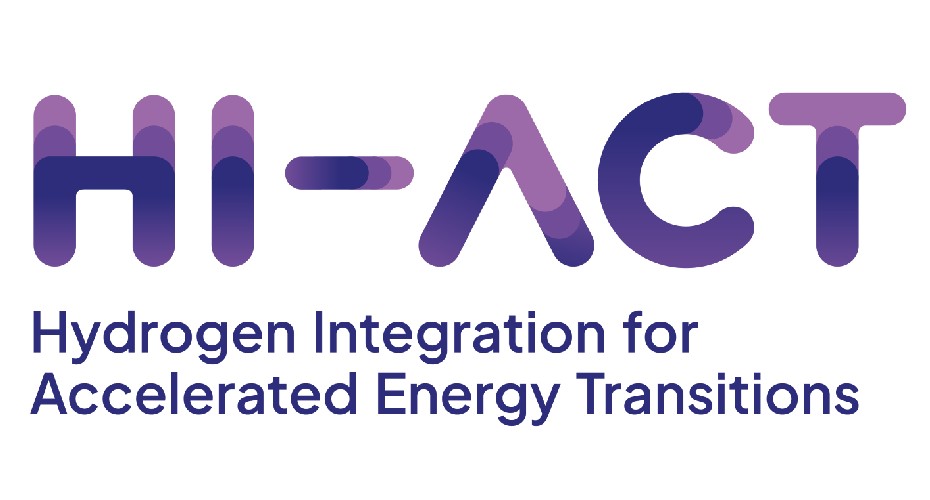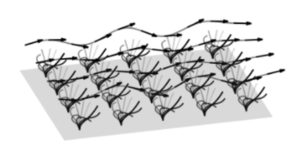Exeter plays key role in new Hydrogen Economy research hub

Exeter will play a key role in a pioneering new research Hub, designed to help inform and support the UK’s strategy for the Integration of the Hydrogen Economy.
The University of Exeter will play a key role in a pioneering new research Hub, designed to help inform and support the UK’s strategy for the Integration of the Hydrogen Economy.
Exeter is part of a multidisciplinary team of researchers involved in the hub, which will tackle the systems integration challenges to the wider use of hydrogen and alternative liquid fuels in the UK.
The Hub will focus on the role these fuels play in the net zero transition to provide connectivity and flexibility across the energy system.
The research Hub, named Hydrogen Integration for Accelerated Energy Transitions (HI-ACT) will ensure hydrogen is appropriately integrated in a future equitable energy system, through holistic multi-disciplinary research which address integration challenges. HI-ACT will achieve this through a fundamental shift in critical analysis of the role of hydrogen and alternative liquid fuels (HALF) in the context of the overall energy landscape.
HI-ACT will establish a sustainable national Hub of excellence, catalysing world leading academic research, industrial innovators, regulators, communities, and government agencies into an ecosystem focused on the integration of hydrogen into the whole energy system. The Hub will showcase the UK as a world leader in a scalable hydrogen economy, through advances in knowledge, technical capabilities, planning and standards. We will also champion the benefits of collaboration, and lead in mentoring the next generation of energy research leaders.
HI-ACT will aim to address the following objectives:
- To examine the role, and value, of hydrogen in a net-zero transition
- To identify the contribution which hydrogen can make to energy security and resilience
- To evaluate trade-offs in a whole energy system with hydrogen
- To explore the place-based contributions of hydrogen to local energy systems
The hub was announced by the Physical Sciences Research Council (EPSRC), which is providing £10m in funding over the next 5 years, on Wednesday, July 12th 2023
The Hub will be led by Professor Sara Walker, of Newcastle University’s School of Engineering and also included experts from the Universities of Exeter, Cardiff, Glasgow, Birmingham, Imperial, Manchester, Queen’s University Belfast, UCL, Northumbria and Warwick Universities.
The University of Exeter’s lead academic involved in the project is Professor Tapas Mallick.
Professor Mallick said: “Hydrogen is an increasingly important energy career for Net Zero into every sector of our society. Our research contribution to the Hub will provide new pathways to create integrated resources for green hydrogen, and provide communities led user cases to identify and mitigate challenges that are not otherwise possible.”
Professor Walker, from Newcastle University added: “Hydrogen is a highly versatile energy vector, suitable for use in many hard-to-decarbonise sectors where other energy vectors, such as electricity, are not suitable. Our focus in this research hub is to identify those sectors best suited to hydrogen, to maximise the value it can bring to the net zero journey. The climate emergency gives us an urgent imperative to answer this question and support Government, industry and the public sector in our collective transition to net zero.”



